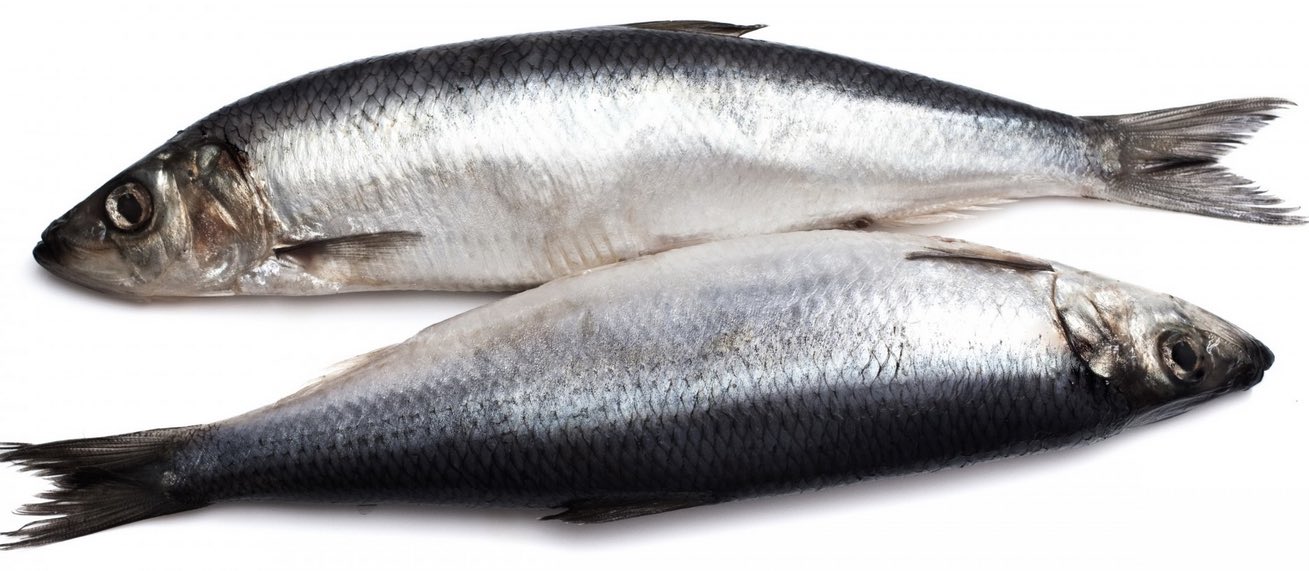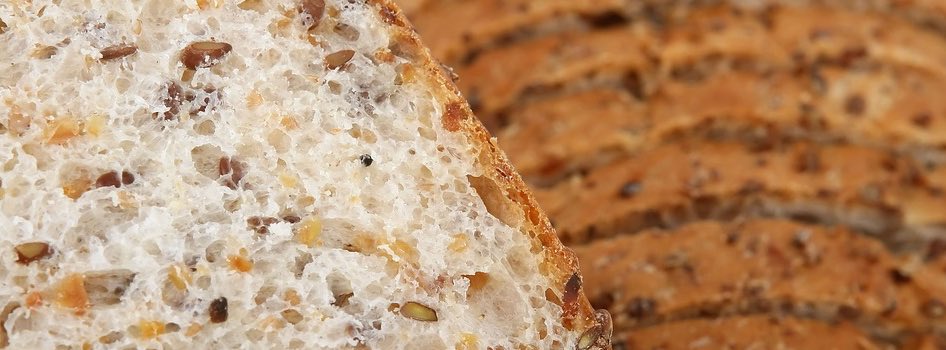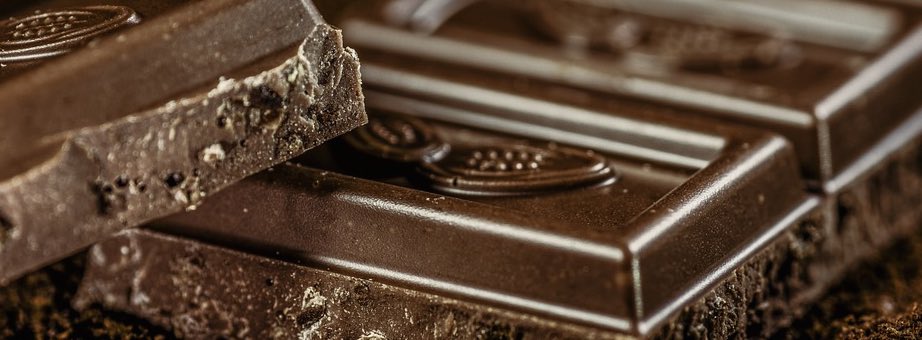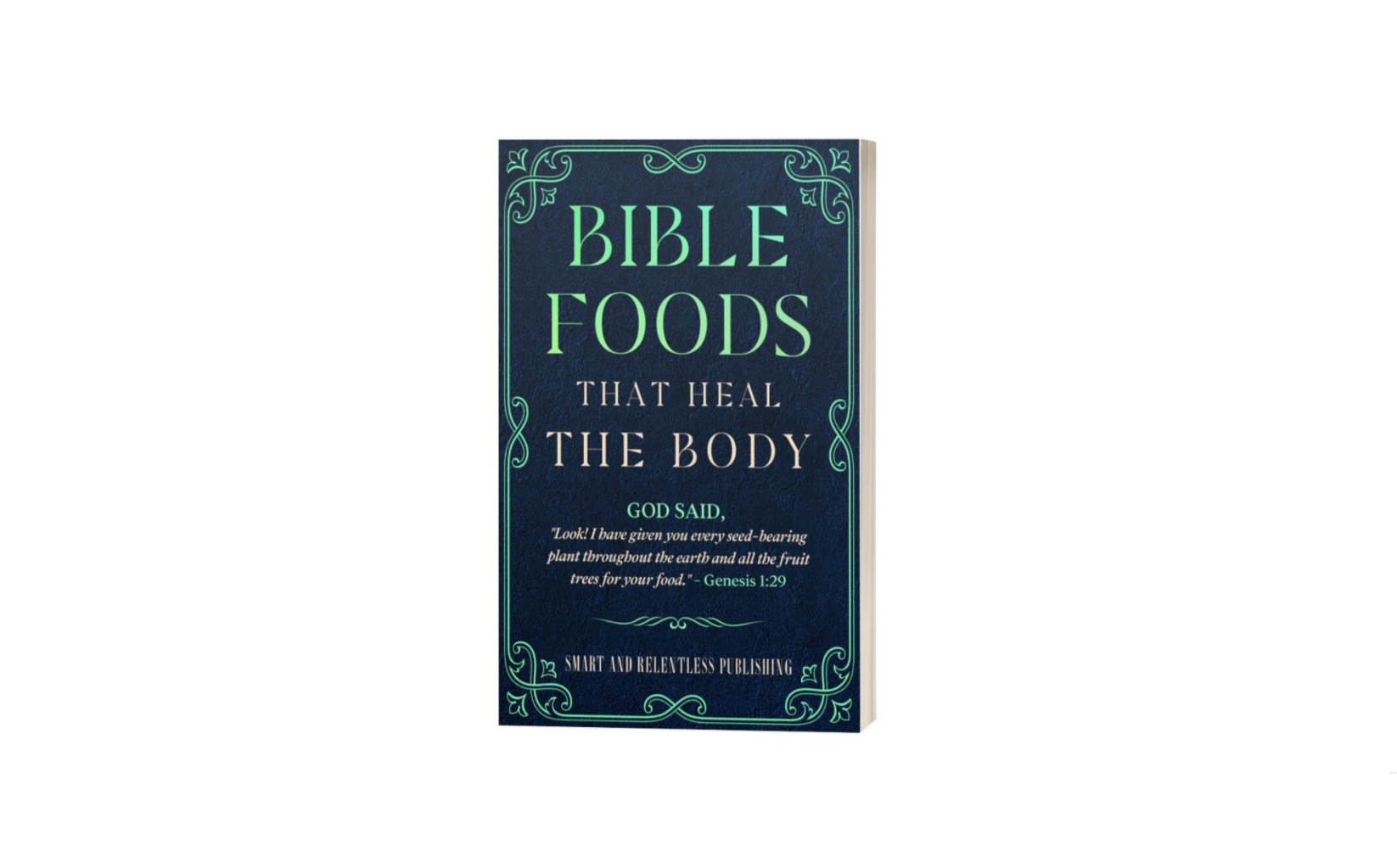Food for thought: 8 vital foods which are good for your brain

Be Smart and Relentless!
Subscribe to receive updates on the latest faith-based success tips, cutting-edge entrepreneurial concepts, and exciting opportunities.
We all know that eating well has many benefits to our physical health, but we should never undervalue its importance on our mental health. The brain requires nutrients just like every other part of or body, and with the brain being so energy consuming (it uses one fifth of all of the blood pumped by the heart) it is important to eat the right food in order to keep it working properly.
Here are 8 everyday foods which are good for the brain.
- Water

The body is approximately 60% water so it should be no surprise to see it on this list. Water is good for our concentration and without sufficient hydration; our level of concentration can decrease. The brain is roughly 80% water so it’s important to drink lots of fluids in order for it to function properly. We lose approximately 2.5 litres of water each day through urine, sweat and breath and in order to replace the water we have lost, we should drink at least 1.5 litres of non-alcoholic fluids each day. The rest of the water we lose is replaced by fluids in the food we consume and chemical reactions in our body.
- Whole grains
Like everything else in our bodies, the brain relies on a steady supply of energy to perform at its best. There is a direct link between our level of concentration and our brains supply of glucose .You can keep your concentration sharp and be more alert throughout the day by eating wholegrains such as cereals, granary, brown bread and pasta. These foods have a low GI (Glycemic index) and slowly release glucose into the bloodstream. Other carbohydrates like regular pasta and white rice are a more unstable source of glucose and cause your energy levels to rise and then drop which can leave you feeling run down and tired.
- Oily fish

Oily fish contains essential fatty acids which are not made by our body, meaning we can only get them through our diet. The most effective, omega-3 fats occur naturally in oily fish with fish such as salmon, herring, sardines and mackerel being an excellent sources of omega-3 and your brain needs omega-3 to stay healthy. Oily fish also contains DHA (docosahexaenoic acid) in ready-made form enabling the body to use it easily. Lower DHA levels in the body have been linked to higher risks of developing Alzheimer’s disease and memory loss.
- Blueberries
Speaking about memory loss, research conducted by Tuffs University in the United States found that eating blueberries can be effective in improving memory and delaying short term memory loss. The research also found that consuming blueberries can even remarkably reverse memory loss. Blueberries also have other benefits. They are a good source of vitamin C (protects cells) and vitamin K (builds stronger bones) and have high levels of antioxidants which help prevent cell damage. It is also thought that blueberries may relax the walls of the blood vessels, which may help reduce this risk of atherosclerosis (hardening of the arteries). Atherosclerosis is dangerous as it can increase the risk of a heart attacks and stroke.
- Avocados
Avocados are high in fat but they help to keep your brain cell membranes flexible. This is because they contain extremely healthy unsaturated fats and the monounsaturated fatty acids contained in avocadoes help to protect nerve cells in the brain and have been found to increase the brain’s muscle strength. The fatty acids found in this single-seeded berry also protect the nerve cells in the brain which provide support to information carrying nerves. The same fats help to improve blood flow and lower blood pressure and both of these help the brain to function at its optimum capacity.
- Eggs
Egg yolks, though very high in cholesterol; contain choline which is a precursor for acetylcholine, a neurotransmitter involved in helping you remember things. According to research, eating foods with high protein content like eggs for your breakfast can help improve your cognitive performance. Eggs also contain vitamins B12 which help to fight against brain shrinkage (atrophy) which can happen as we grow older. While eating too many eggs can be bad for your health, eating 1-2 eggs or egg products per day can be good for your brain.
- Nuts and seeds
Like oily fish, nuts and seeds are rich in omega-3 as well as omega-6 fatty acids, vitamin E and vitamin B6. These essential nutrients allow you to think more clearly and positively and they do this because omega -3 and omega-6 work as a natural antidepressant. Some other seeds and nuts also contain thiamine and magnesium, which are good for your memory, brain nourishment and cognitive functions. The good thing about nuts and seeds is they are all included; peanuts, walnuts, hazelnuts cashews pumpkin seeds etc.
- Dark Chocolate
Chocolate is not known as a food which is good for you but surprisingly, the main ingredient in dark chocolate, coca is said to be very nutritious for the brain. This is because coca contains a large amount of antioxidants and scientists have found that the level of antioxidants found in just a couple of tablespoons of coca powder is much stronger than the antioxidants found in more well know foods containing antioxidants such as red wine and green tea. Flavonols, the main antioxidant found in coca is said to help increase blood flow to the brain.
Author
-
Andre Lampen is a voluntary content writer with a heart to make a positive impact in his generation.
View all posts
Andre Lampen
Andre Lampen is a voluntary content writer with a heart to make a positive impact in his generation.

Recent Posts
Related Articles
100 Benefits of Quitting Porn Addiction as a Christian
As Christians, we are called to live a life that aligns with...
ByAdminNovember 27, 2023Pornography destroys the brain! – Watch this
Author Admin View all posts
ByAdminAugust 8, 2021You can change your life in one year like i did! – How i lost 100lbs
Author Admin View all posts
ByAdminAugust 8, 2021Bible Foods That Heal The Body and Mind – Ultimate guide for beginners
Author Admin View all posts
ByAdminMarch 7, 2021


















